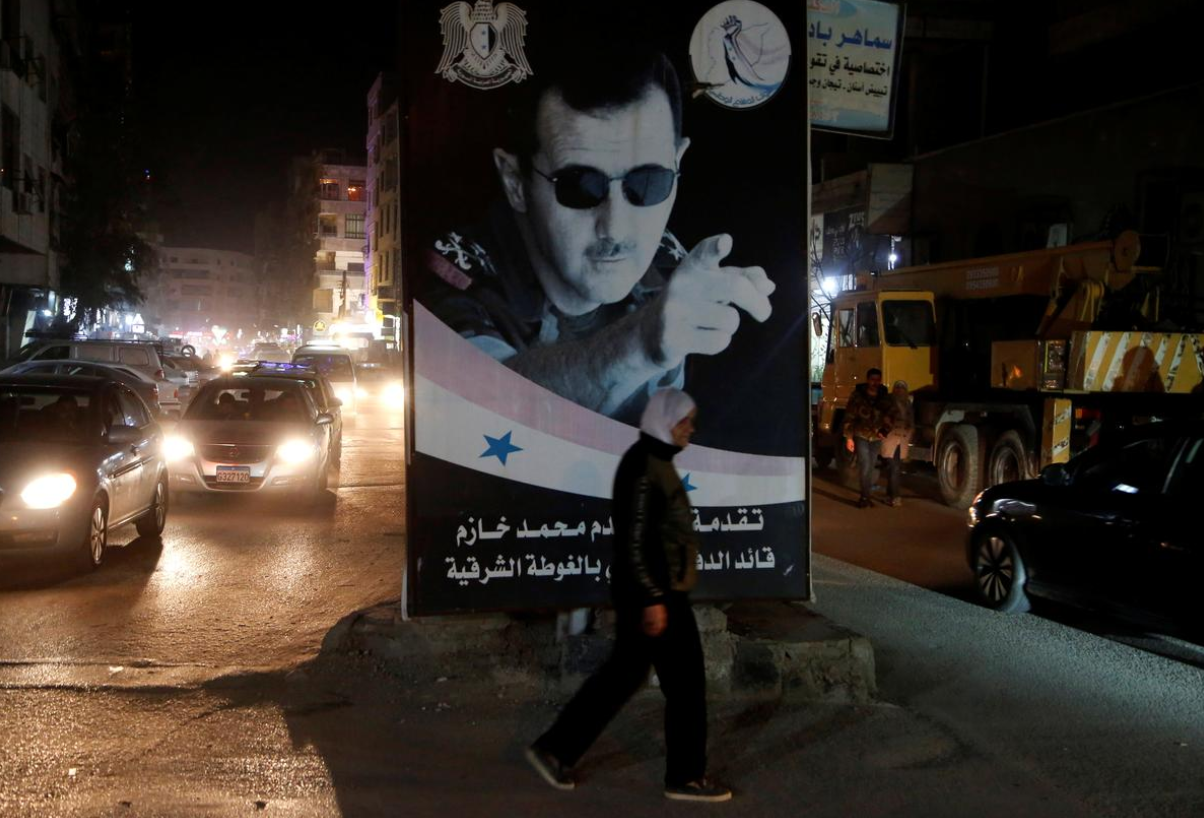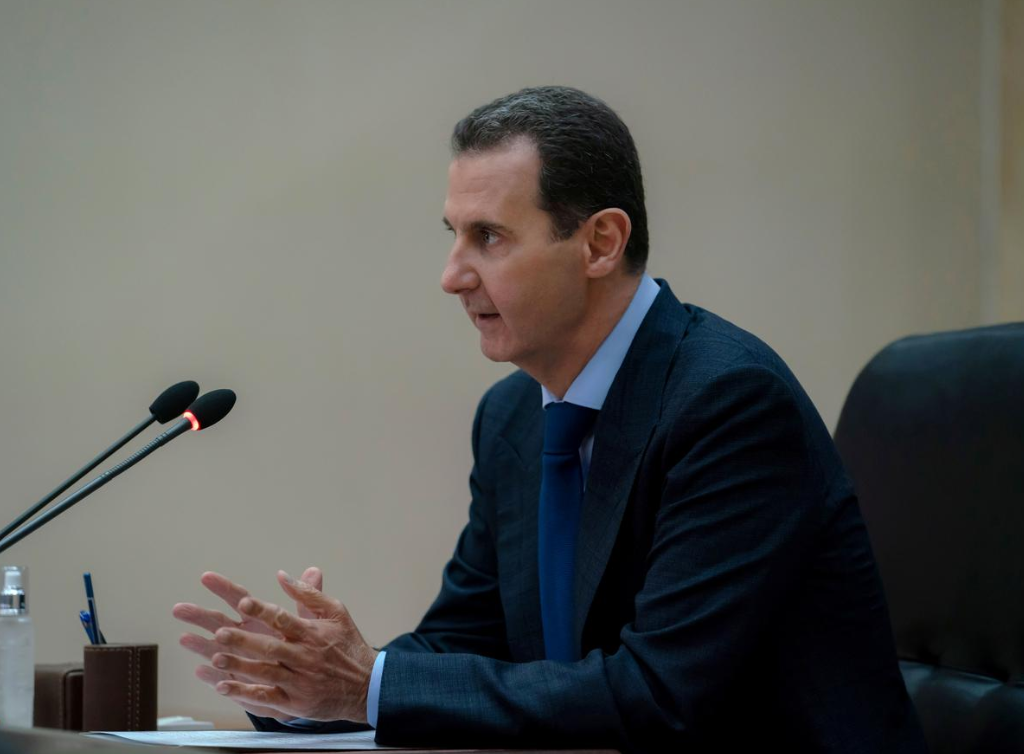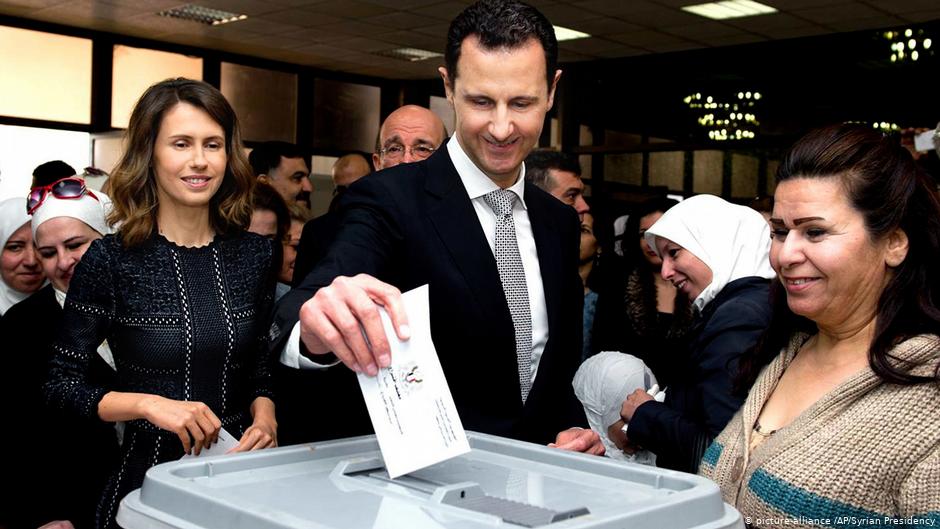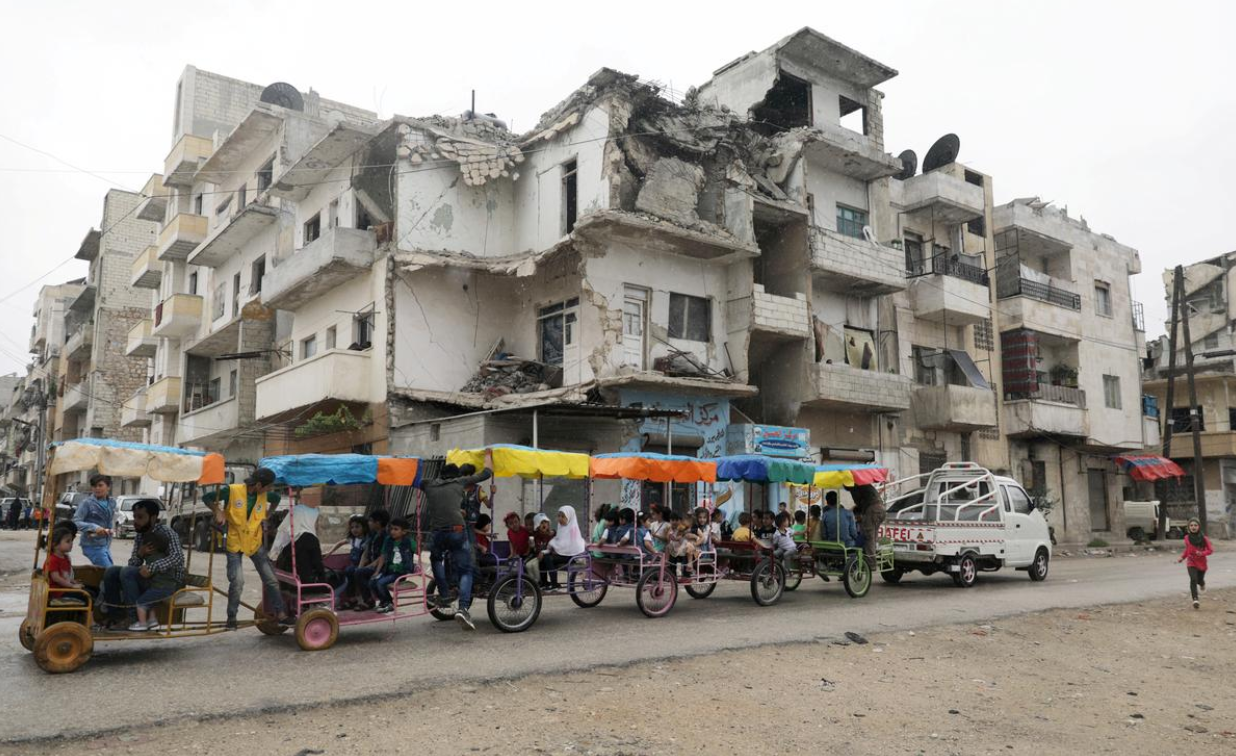
Kurdish militants seized a Syrian border post on the frontier with Iraq early on Saturday, fighters and monitors said, after three days of clashes with an al Qaeda-linked group which had held the crossing since March.
The armed Kurdish group YPG told Reuters fighting carried on through the day and a senior security official on the Iraqi side of the crossing said he could hear gunshots, mortar fire and shelling.
The Yarubiya post and surrounding areas in the northeast were taken from the Islamic State of Iraq and the Levant rebel group, who had seized it from the army, The Syrian Observatory for Human Rights said.
Ethnic Kurds in Syria have a complex role in nearly three years of conflict that started when President Bashar al-Assad cracked down on a pro-democracy uprising.
The ensuing civil war has pitted Sunni Muslims against Assad's Alawite minority and different Kurdish militia have fought on both sides, normally over territory or power disputes.
Kurdish YPG spokesman Redur Xelil told Reuters Kurdish areas in Syria were blockaded by Islamist groups on one side, Turkish forces on the other and the closed border with Iraqi Kurdistan. But he said it was "too soon to talk about using the crossing".
International peace envoy Lakhdar Brahimi said on Saturday peace talks in Geneva next month should be attended by Assad's ally Iran.
Shi'ite Iran has strongly supported Assad, whose Alawite faith is an offshoot of Shi'ism, while Saudi Arabia, other Gulf Arab states and the United States support the rebels.
"We believe that the participation of Iran in the Geneva conference is natural and necessary as well as fruitful, so we are hopeful that this invitation is made," Lakhdar Brahimi told a news conference in Tehran, according to Press TV, which translated his live remarks into English.
The US State Department said on 7 October that Washington would be open to Iran taking part in a "Geneva 2" conference if it supported the "Geneva 1" 2012 statement calling for a transitional authority to rule Syria. Iran said it was "unacceptable to set conditions" on its attendance.
LEBANON CLASHES
The Syrian war has caused two million to flee into neighbouring countries and exacerbated regional sectarian divides.
At least 10 people were killed in street battles between Sunni and Alawite militants in the Lebanese city of Tripoli on Friday and Saturday.
In Syria, 40 people died when a car bomb exploded outside a mosque in Wadi Barada in Damascus province on Friday, said the anti-Assad Observatory, which verifies reports through a network of sources around Syria.
State news agency SANA said many "terrorists" – a term it uses for those fighting Assad – were killed in the explosion and quoted a witness who said the mosque's two entrances collapsed when the bomber struck before the end of Friday prayers.
State TV said on Friday Abu Mohammad al-Golani, leader of Jabhat al-Nusra, a rebel group that has claimed responsibility for several suicide bombings, had been killed.
Fighters from the Islamist group told Reuters Golani was alive.
The Syrian conflict has killed more than 100,000 people, according to the United Nations.




